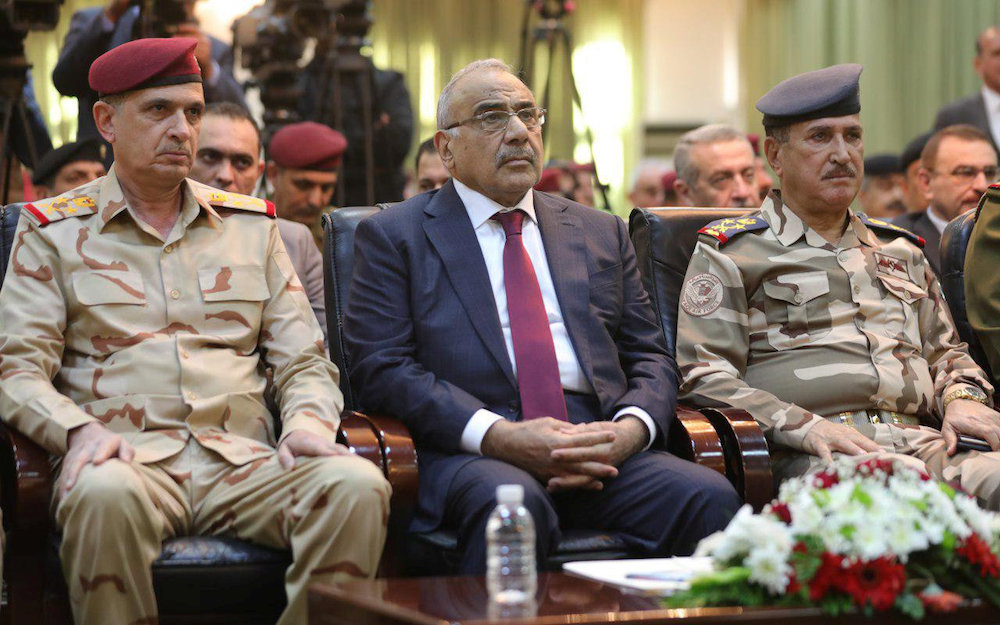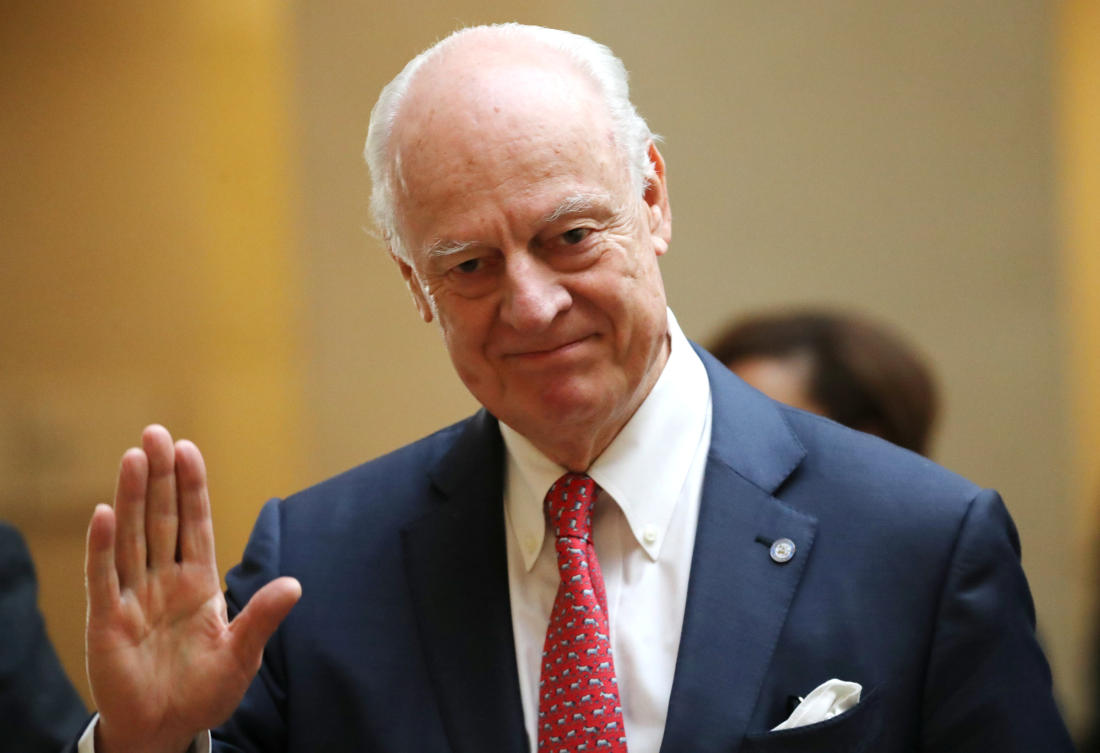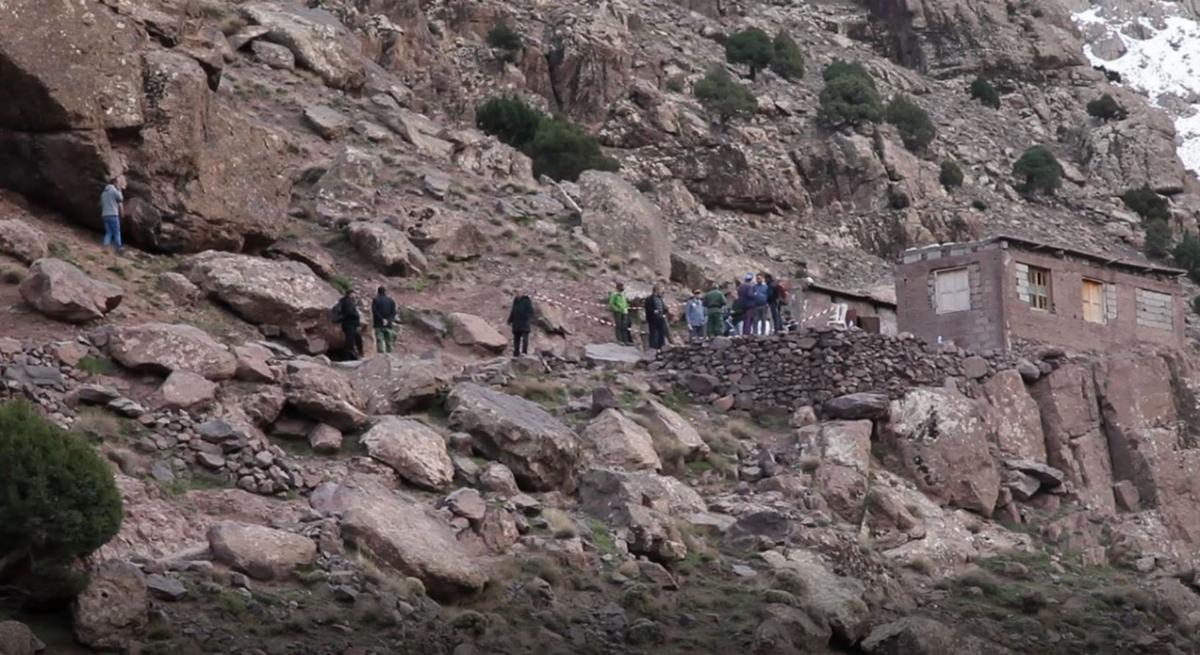DUBAI: Far from being in decline, the Arabic language could surge in popularity if governments bring teaching techniques into the 21st century, experts believe.
According to leading linguists and scholars, headlines in recent years warning of the “death” of Arabic ignore the true picture.
Their comments come as the world marks UN Arabic Language Day on Dec. 18. Each year UNESCO collaborates with the Saudi Arabian delegation — with the support of the Sultan bin Abdulaziz Al-Saud Foundation — to recognize Arabic’s immense contribution to science and culture, including philosophy and the arts.
Fabio d’Emilio, of the education group Pearson, said that Arabic could be used increasingly across the world if institutions modernized teaching approaches in the classroom.
“Just look at the hundreds of millions of Arabic speakers worldwide. There are 26 countries where Arabic is officially recognized by the government, with 18 having most people using it as their first language,” he said.
“Globally, there are 1.8 billion Muslims in the world who read the Qur’an and understand
the phonetics of the Arabic language. Arabic is a fundamental language worldwide, not just in Arabic countries.”
After Mandarin Chinese, English, Hindustani and Spanish, Arabic is the fifth most widely spoken language in the world, with an estimated 422 million speakers.
 “If Arabic was taught in a slightly different way, it would actually be a growing, not a declining, language,” said d’Emilio. “It is having access to learning Arabic — and learning the language
“If Arabic was taught in a slightly different way, it would actually be a growing, not a declining, language,” said d’Emilio. “It is having access to learning Arabic — and learning the language
in the right way — that is a problem worldwide.”
Many education institutions continue to teach Arabic in its classical form, and often in an antiquated way, he said.
“From our experience, the language is still being taught as it was 20 years ago. We need to make it more engaging and relevant.”
D’Emilio said that changes at government level were needed across the Middle Eastern to modernize Arabic teaching. He cited Saudi Arabia, the UAE and, more recently, Lebanon as countries looking to transform teaching methods.
“Saudi Arabia is thinking about reform when it comes to teaching Arabic. The country is home to 34 million people, so its reforms could be hugely influential in the wider Arab world.”
The Kingdom has introduced wide-ranging initiatives to promote Arabic. The Prince Sultan Program for Arabic Language, in cooperation with UNESCO, was launched in 2007 by the late Prince Sultan bin Abdulaziz to support and promote Arabic language and culture within the UN framework. A $3 million, five-year plan was launched in 2016.
This year, the foundation will celebrate Arabic Language Day at UNESCO’s headquarters in Paris. Saleh bin Ibrahim Al-Khulaifi, the foundation’s director general, as well as Saudi representative to UNESCO Ibrahim Al-Balawi and Nada Al-Nashif, assistant director, will take part in the event.

“The board of trustees … is keen to build bridges of cooperation with international and regional bodies concerned with dialogue and communication, thus enhancing the true image of Arabs and Muslims,” Al-Khulaifi said.
“The Sultan bin Abdulaziz Al-Saud Foundation has been a strategic partner of UNESCO for about 20 years (promoting) Arabic as a channel to bridge
the gap between different cultures,” he said.
“The foundation has adopted an integrated program that ensures cooperation agreements with US, European, and Asian universities, and international cultural and humanitarian organizations.”
Other countries, such as the UAE through the Sheikh Mohammed bin Rashid Knowledge Foundation, have also rolled out initiatives to preserve Arabic and promote its use across social media channels.
Pearson is working with the Kingdom and the UAE on its “bilArabi” initiative — a new Arabic language program for schools that incorporates digital and interactive approaches. It focuses on classical Arabic, but also uses more commonly used, accessible Arabic words to encourage students to engage with the language.
“The complication with (learning) Arabic now is you have classical Arabic that doesn’t reflect the present-day use of the language,” said d’Emilio. “What is important … is to teach Arabic in a 21st-century way.”
 As countries in the Middle East, such as Saudi Arabia and the UAE, become home to increasingly diversified populations, the importance of keeping Arabic alive becomes more relevant, he said.
As countries in the Middle East, such as Saudi Arabia and the UAE, become home to increasingly diversified populations, the importance of keeping Arabic alive becomes more relevant, he said.
“In the UAE, for example, more Emiratis are going to private schools and learning in English. Unfortunately, for the young generation, they see opportunities in life coming from English. Slowly they are starting to lose a little of the Arabic language and then, in turn, the Arabic culture.
“But it is integral for people to have proper access to Arabic to stay relevant in their own countries. Language is a fundamental pillar of cultural identity — you cannot maintain a cultural identity without maintaining the language.”
UN Arabic Language Day coincides with the day in 1973 when the UN General Assembly adopted Arabic as its sixth official language.
Audrey Azoulay, director-general of UNESCO, said: “Arabic Language Day is a chance to celebrate the language’s great contribution to human civilization, notably through its unique arts, architecture, calligraphy and literature. The language has also been a conduit, channeling knowledge in science, medicine, astronomy, mathematics, philosophy and history.”
Shireen Sinno, director of the Arabic Language Center in the Middle East, believes there is a growing desire among non-native speakers to embrace the language.
“Many expats living in the Middle East realize that Arabic can help expand their social networks and help communication with Arabic-speaking business colleagues and partners,” she said. “Learners also regard the language as a way of delving deeper into Arabic culture in order to enhance their experience of living among Arabs.”
Like d’Emilio, Sinno believes Arabic teaching needs to be modernized to ensure it remains one of the most widely used languages across the globe.
“Many young learners, unfortunately, do not develop into fluent speakers of Arabic, despite years of Arabic tuition. Efforts should be made to make both the methods and materials more engaging.
“There may be a benefit in exposing students to colloquial Arabic, in addition to the usually taught classical Arabic. This is one way to bring the language used by Arabic speakers closer to the classrooms, and minimize the difference between the classroom and the real world.”




 “If Arabic was taught in a slightly different way, it would actually be a growing, not a declining, language,” said d’Emilio. “It is having access to learning Arabic — and learning the language
“If Arabic was taught in a slightly different way, it would actually be a growing, not a declining, language,” said d’Emilio. “It is having access to learning Arabic — and learning the language
 As countries in the Middle East, such as Saudi Arabia and the UAE, become home to increasingly diversified populations, the importance of keeping Arabic alive becomes more relevant, he said.
As countries in the Middle East, such as Saudi Arabia and the UAE, become home to increasingly diversified populations, the importance of keeping Arabic alive becomes more relevant, he said.